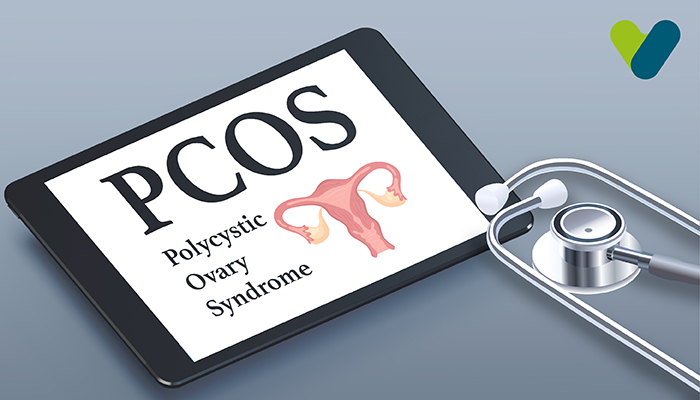Polycystic Ovary Syndrome (PCOS) is a hormonal disorder that many women experience throughout their childbearing years. But what isn’t always considered is the way its symptoms—and how to best treat them—change over time. Whether you are in your 20s or getting close to 30, realizing this can put you in charge of your health and give you direction for what comes next.
What PCOS Looks Like in Your 20s
During your 20s, PCOS tends to present itself in the form of irregular periods, acne, weight gain or loss, or excessive hair growth. A few women are diagnosed when they come in for missing periods, and others learn it during fertility testing or OB-GYN checkups.
By this age, hormones may be less stable, and symptoms can start appearing more assertively. Treatment in the form of lifestyle changes like exercise, diet modification, and stress relief is usually the first course of action. Occasionally, birth control pills are recommended to stabilize cycles and alleviate symptoms like acne.
Teleconsultations are now a common choice for young women who need advice without the inconvenience of going to a clinic. A quick search for a gynecologist near me on an online health platform such as NowServing PH can assist you in getting connected with a physician who knows what you need.
What Changes in Your 30s
In your 30s, the attention tends to shift—particularly for those considering having children. Fertility issues can become more of an issue, as PCOS can impact ovulation. At this point, most women seek treatment not just to control symptoms but to discuss possibilities for becoming pregnant.
You may also experience metabolic symptoms that become more prominent, including weight gain or insulin resistance. Treatment regimens are often more individualized in your 30s, most commonly including hormone screening, ultrasound tracking, and possibly fertility treatment.
Regular check-ups are important, particularly once hormone levels start to shift. Though PCOS and menopause don’t co-occur simultaneously, some women in their late 30s can start to see early signs of perimenopause. Staying close with your gynecologist can keep you one step ahead of these changes.
Navigating Treatment Over Time
Managing PCOS is not about finding a one-time fix—it’s about adapting your care as your body evolves. Whether you’re focused on symptom relief, hormonal balance, or planning a pregnancy, your approach will likely shift over time.
The silver lining? You don’t have to go it alone. With modern digital technology, it’s simpler than ever to schedule a consult, monitor your symptoms, and locate a gynecologist near me who can walk you through every step.











